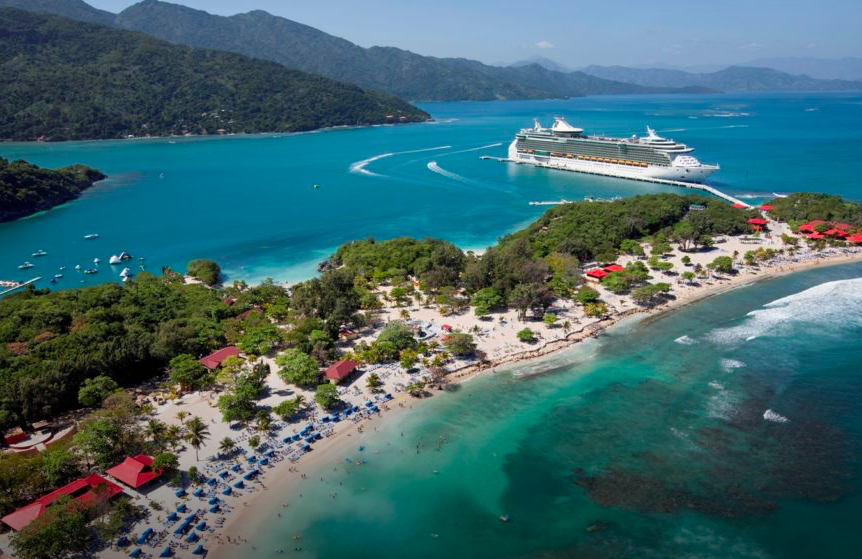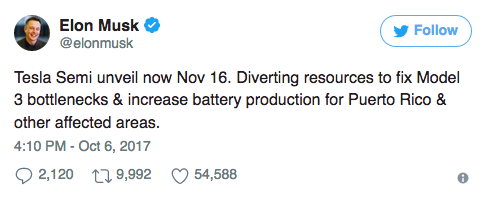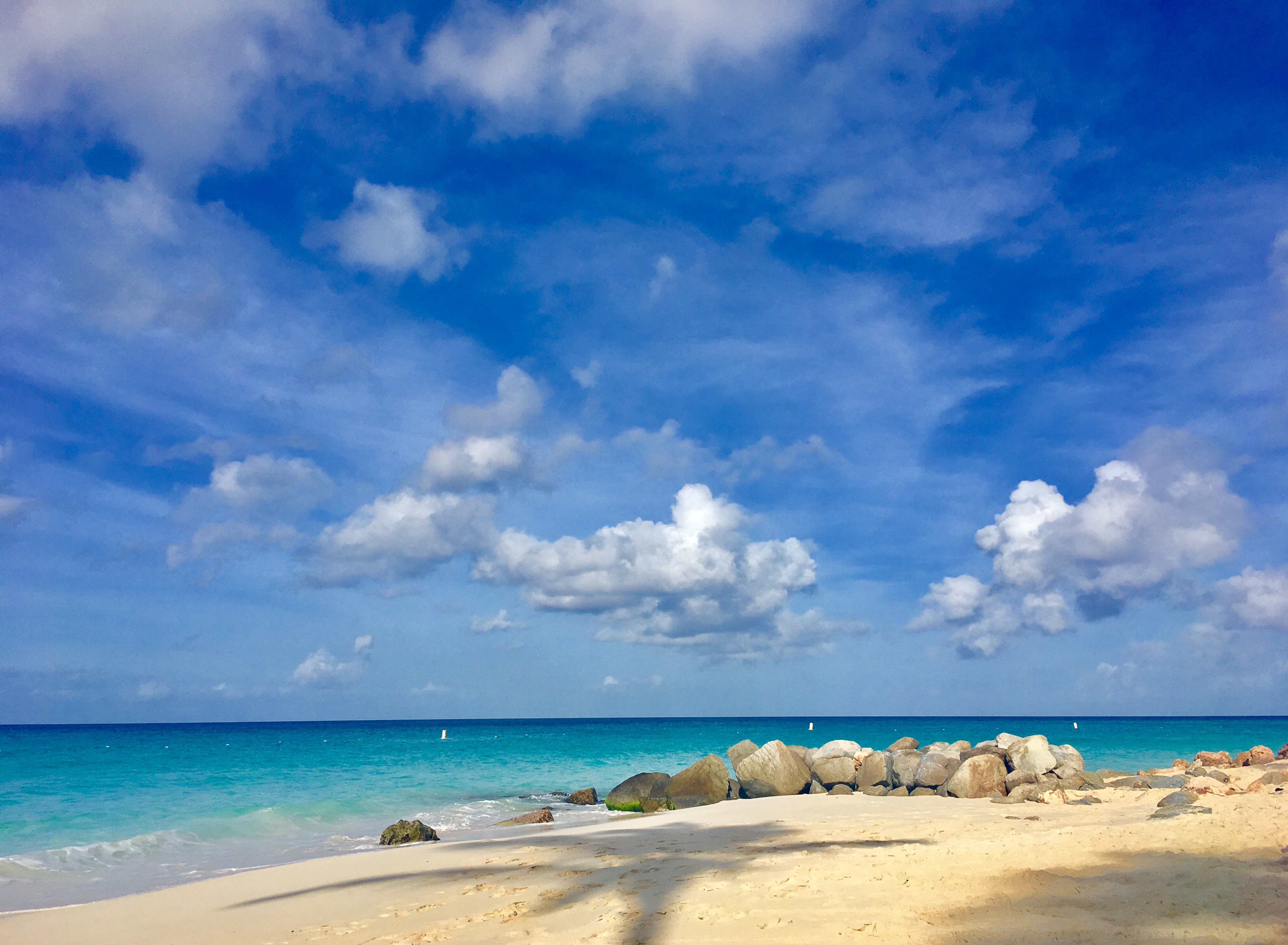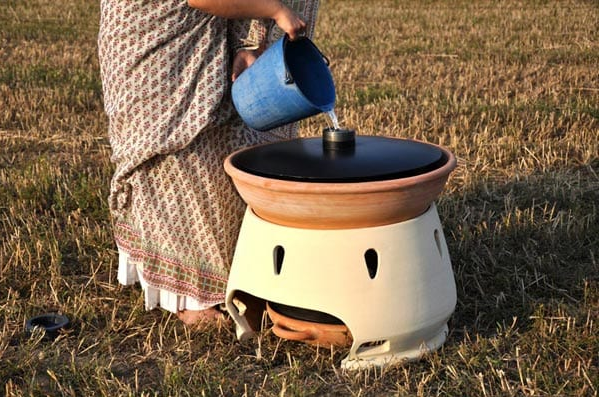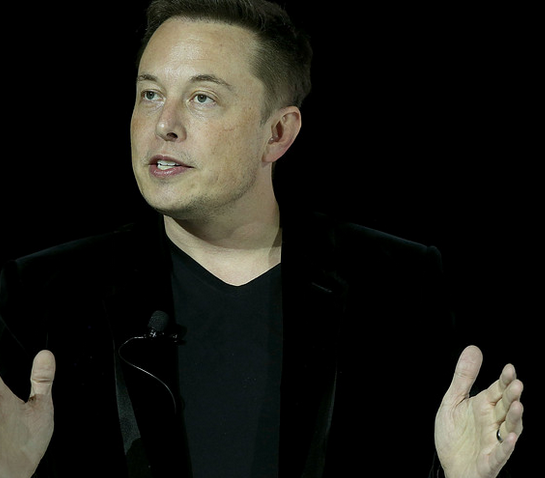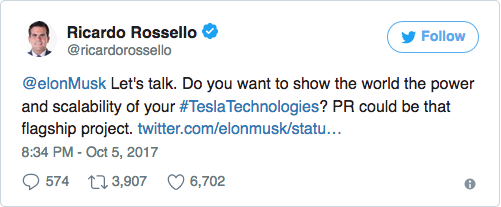Travelers tend to think of all Caribbean islands as verdant and lush, but some Caribbean destinations are decidedly “greener” than others. Dominica, for example, has a well-earned reputation as the Nature Island of the Caribbean, while Bonaire is known for its pristine marine environment and Costa Rica and Belize are among the top eco-friendly travel locales in the world. As for eco-resorts, the ones selected here boast low-impact integration with the native environment, commitment to reduced energy use and/or renewable energy, and activities that support and foster knowledge of the local ecosystem.
Dominica
:max_bytes(150000):strip_icc()/dominica--delices--two-people-jump-into-the-plunge-pool-at-the-foot-of-victoria-fals--529720136-5ac3d21fa18d9e0037427899.jpg)
Dominica benefits from its marvelous biodiversity, and has chosen to make ecotourism (and the conservation and preservation practices that go along with it) the foundation of its economic development. Dominica has lush jungles for hiking and mysterious rivers for exploring, and visitors can meet Carib Indians and even walk in the footsteps of Capt. Jack Sparrow — some of the wilder scenes in the Pirates of the Caribbean movies were filmed here.
With a focus on renewable energy as well as self-sustaining energy, Dominica’s eco-friendly resorts and lodgings continue to expand as the island moves more and more towards 100% energy efficiency.
St. John, U.S. Virgin Islands
:max_bytes(150000):strip_icc()/mahobaymattwadeCCSA20-5790d2cc3df78c09e935412b.jpg)
Americans are not generally known for their restraint when it comes to development, so St. John in the U.S. Virgin Islands is a pleasant surprise. Just twenty square miles, the island is devoted primarily to National Parks, and has some of the best beaches and finest snorkeling in the world. Most of the eco-resorts here are modest, more akin to campgrounds than resorts, generally speaking, but great locations for those looking to appreciate the natural environment in a quiet, more off-the-grid setting.
Read full article on Tripsavvy.com


